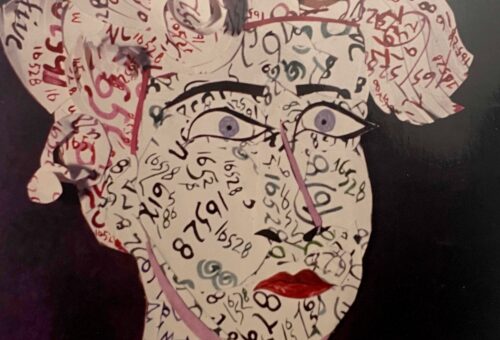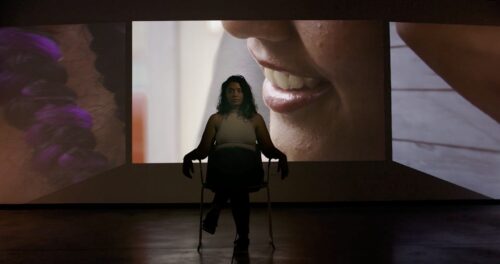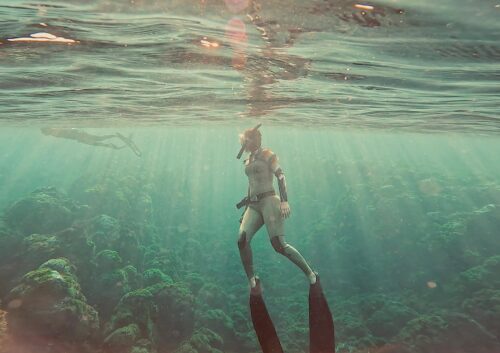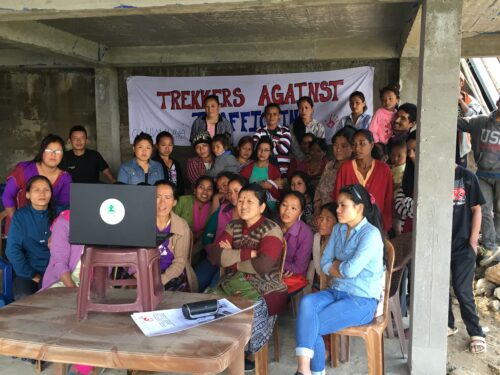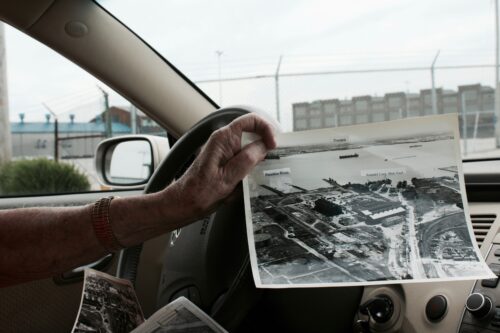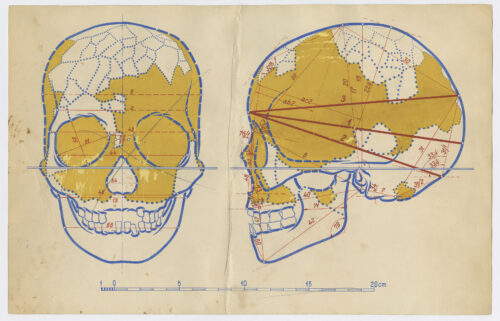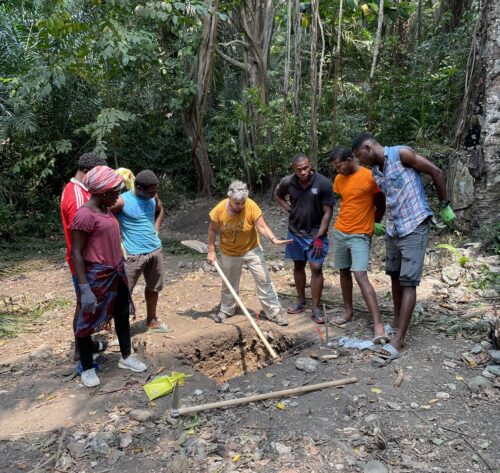I Carry My Grief With Me, but I Also Carry My Joy

When you lose someone the future dies. Or, at least, the one with them, that you thought about with them, in it.
I imagine any relationship that ends is a grief. But any relationship that ends while the world is ending is a particular palindromic type of grief. I imagine it is like a ship whose anchors have themselves unmoored and slipped from this place without witness, without warning; a calm remove from the sense of windy gravity felt only moments before. The waves on the misty sea running, back, again and again and again.
When you lose someone, a future dies, and I think, then, all you want is to be lent gravity. Gravity in the right here. Gravity in the right now. You want to be lent a weighted was. The remnants of a heavier past preceding the pandemonium. Which is to say, you want to be lent security. Which is also to say, you want to be lent a wish. A hope. A promise. An anchor. But, then again, that anchor has found itself unmoored. That promise has slipped from this place. That hope has run back again, a wave riding into the misty sea. That wish of wind has calmly removed its pull of gravity, without warning, without witness.
I imagine that by the end of this, we will have learned to sustain bereavement reactions, reactive depressions. Depressed inversive responses. Consider the loss of the ship. Consider its connection to the larger fleet. Consider how it ever so steadily unmoors more anchors than its own. Consider the paradigmatic shift of the slow domino effect: the vessels calmly, surely, drifting from the anchors of themselves, the silent remove. Consider what is meant by the Unmooring: the loss of attachment; the release from the barge; the heavy, obsequious confusion manifesting the supreme lack; the slow slip from contact with reality; the casting about for the touchstone. And remember that the touchstone was, itself, the first ship. The first ship was, itself, the anchor. The anchor was, itself, unmoored. The paradigmatic domino falling back into the sea. Unprotected. Unsecured. Spiraling.
When the living thing surrounding you dies, all that is left to hold you are the dead.
And,
I don’t know what it’s like to not consider what it might be like to lose someone.
What it is like not to prepare myself for this unmooring.
And so, this is how I carry my grief:
All stunning and large,
All wood and metal fused together,
All hull and stern, heavy,
A magnificent ship,
Traversing the Black sea of myself.
I carry my grief with me,
But I also carry my joy.
And I do it like this:
Hands in both pockets,
clutching them like candy,
or,
both jiggling around in a tote bag
hanging solidly from my shoulder,
or,
one is the watch hanging from my wrist,
and the other is the gold around my neck,
or,
my grief is my socks,
and my joy, the shoes.
Maybe,
I am left with such grief
when I am home.
Alone and falling.
Maybe,
It is like how I stand in the shower
and imagine what it might be like to drown,
to be born again,
to be birthed from a waterfall.
Me,
a child of rivers and streams,
of wells and springs.
I imagine myself light and anew,
resurfacing—swimming back up,
meeting myself
back at the shore,
back in the shower,
Inhale.
Feet on tile,
chest heavy and hot,
hands in my face,
Exhale.
Until I remember,
again
That I carry my joy with me,
I carry my joy with me.
I carry my joy in the palms of my hands,
like my mamma carries hers in her apex of her chest,
like my grandma carried hers in the crook of her thighs,
like her mamma carried hers in the soles of her feet;
soft, sure, secure of its presence.
I carry my joy delicate
like candle in the wind gentle,
like origami butterfly tender,
like paper crane careful.
I carry my joy soft
like I have not yet been able to safeguard it,
like I have had to relearn what it means to be kind,
to be forgiving,
to be merciful,
to me.
This is how it must be done,
sequentially,
gently,
kindly,
with space,
with time,
with room,
to luxuriate,
to stew,
to drown,
in one, or,
the other, or,
both.
Inhale, exhale, towel off, breathe again, dry.
Maybe my joy is in my shirt now,
my head wrap,
my jacket too.
Maybe my grief is in my pants, still.
Regardless,
I still carry my joy
Like the ocean carries its ships to port.
Like water carries itself to its wells,
to it springs,
to its rivers,
to its lakes,
Saying,
To everything in sight,
To everything that is me,
Saying:
You,
You,
You,
Yes,
you, too,
You are my joy.
